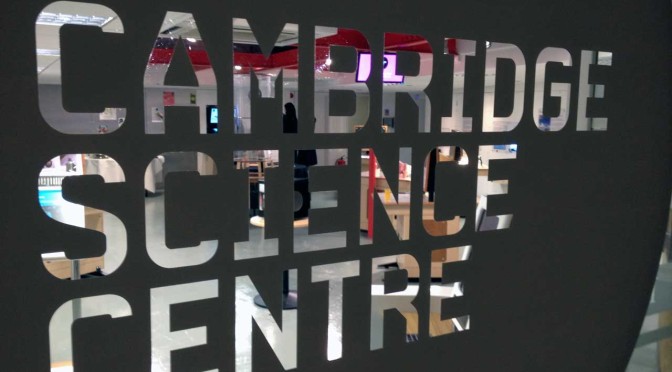Over the last few years, making all these demo films, I’ve found myself thrust back into the world of school education. It’s a bit of a shock. I’m young enough to have taken GCSEs myself, but old enough to have been in the first year to sit them. Much has changed.
One thing I find slightly baffling is the obsession with extremely precise terminology. There’s a natural inclination to precision in the sciences, but some of what I’ve seen veers towards the obsessive. It’s not precise, it’s pedantic. And it’s nerve-wracking. I can’t write a sentence of script without the fear of somehow mis-stepping, of treading on some unseen toes and bringing down some unrelenting diatribe about how you can’t use that specific word there, only this one.
Now, I’m old enough and weary enough to battle through such pressures. There are also times when I can dimly recall enough of the physics I once did to be reasonably certain that not all of the advice I receive is… umm… correct.
But if I find myself staring at an explanation with that stomach-knotting dread of you’re doing it wrong, how is a twelve year-old supposed to cope? Respect due, we’re raising them tough these days.
My assumption is that pedantry has crept in because it’s quicker and easier to assess whether the student can recite rote-learned material accurately than it is to judge their understanding against the examiner’s (also-flawed/incomplete?) knowledge.
But that really is an assumption. So, some questions:
- Am I right that school science is increasingly pedantic?
- Does being able to parrot a very particular definition demonstrate understanding?
- …or am I falling into the category of “people who don’t know much about education, but inexplicably think their opinion has some value anyway”?




